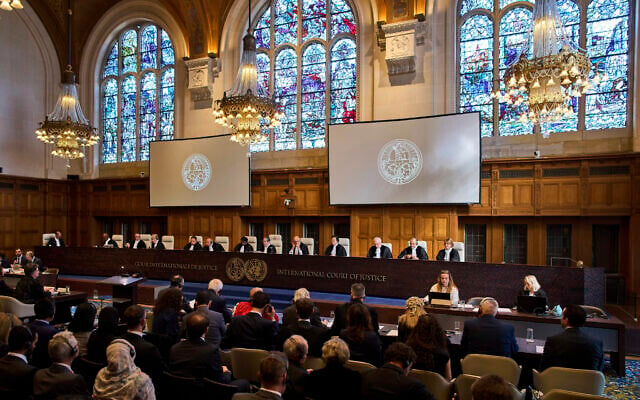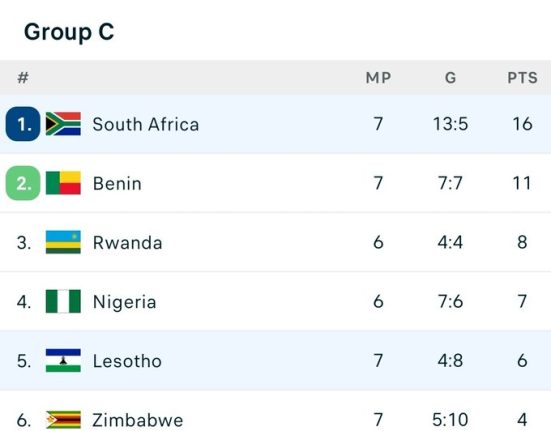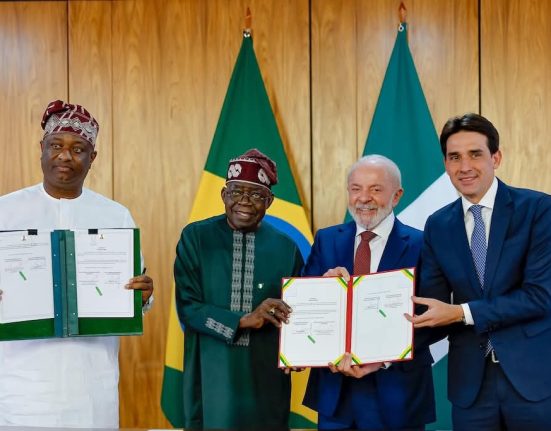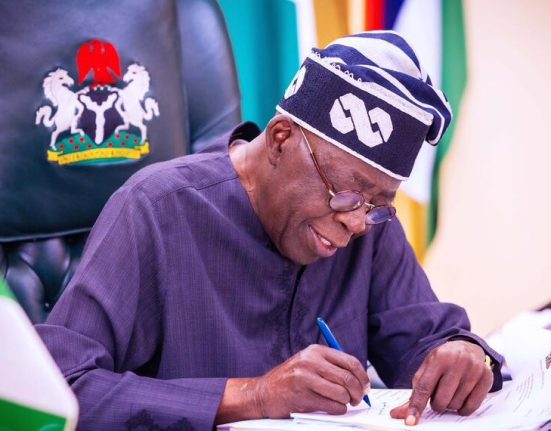In a move that further intensifies the international legal battle surrounding the ongoing Israel-Palestine conflict, Brazil has declared its decision to formally support South Africa’s genocide case against Israel at the International Court of Justice (ICJ), according to a Reuters report monitored by KIIN360.
This latest development places Brazil among a growing number of countries aligning with South Africa’s position, which accuses Israel of committing acts of genocide during its military operations in Gaza. The case, first filed in December 2023, has drawn global attention and sparked fierce diplomatic debates, particularly following Israel’s large-scale military response to the October 7, 2023, Hamas-led attack.
Brazil’s decision comes amid ongoing criticism of the Israeli military campaign that has led to thousands of civilian casualties and widespread destruction in the Gaza Strip. The South American nation, under the leadership of President Luiz Inácio Lula da Silva, has consistently maintained a critical stance on the humanitarian crisis unfolding in Gaza, calling for a ceasefire and advocating for Palestinian rights on global platforms.
By formally joining South Africa’s case, Brazil is not only lending political weight to the proceedings at The Hague but also reinforcing its foreign policy stance that prioritizes multilateralism, human rights, and international law. Legal experts say the involvement of more nations could influence the dynamics of the ICJ’s consideration, even though the court’s rulings are often seen as largely symbolic without enforcement mechanisms.
The Israeli government, for its part, has vehemently denied all allegations of genocide, insisting that its actions are in line with international law and are aimed strictly at dismantling terrorist threats posed by Hamas. Tel Aviv has also accused South Africa and its allies of distorting the context of the conflict and misrepresenting Israel’s right to self-defence.
Back in January 2024, the ICJ issued a provisional ruling ordering Israel to take all necessary measures to prevent acts that could fall under the Genocide Convention, though it stopped short of demanding a ceasefire. Brazil’s support may add further pressure on the global community to push for accountability, even as the conflict continues to escalate with no immediate resolution in sight.
This bold diplomatic move by Brazil marks a deepening divide among international actors over the war in Gaza and could potentially open the door for other countries from Latin America, Africa, and Asia to take clearer positions in what is rapidly becoming one of the most contentious legal battles in recent international history.







